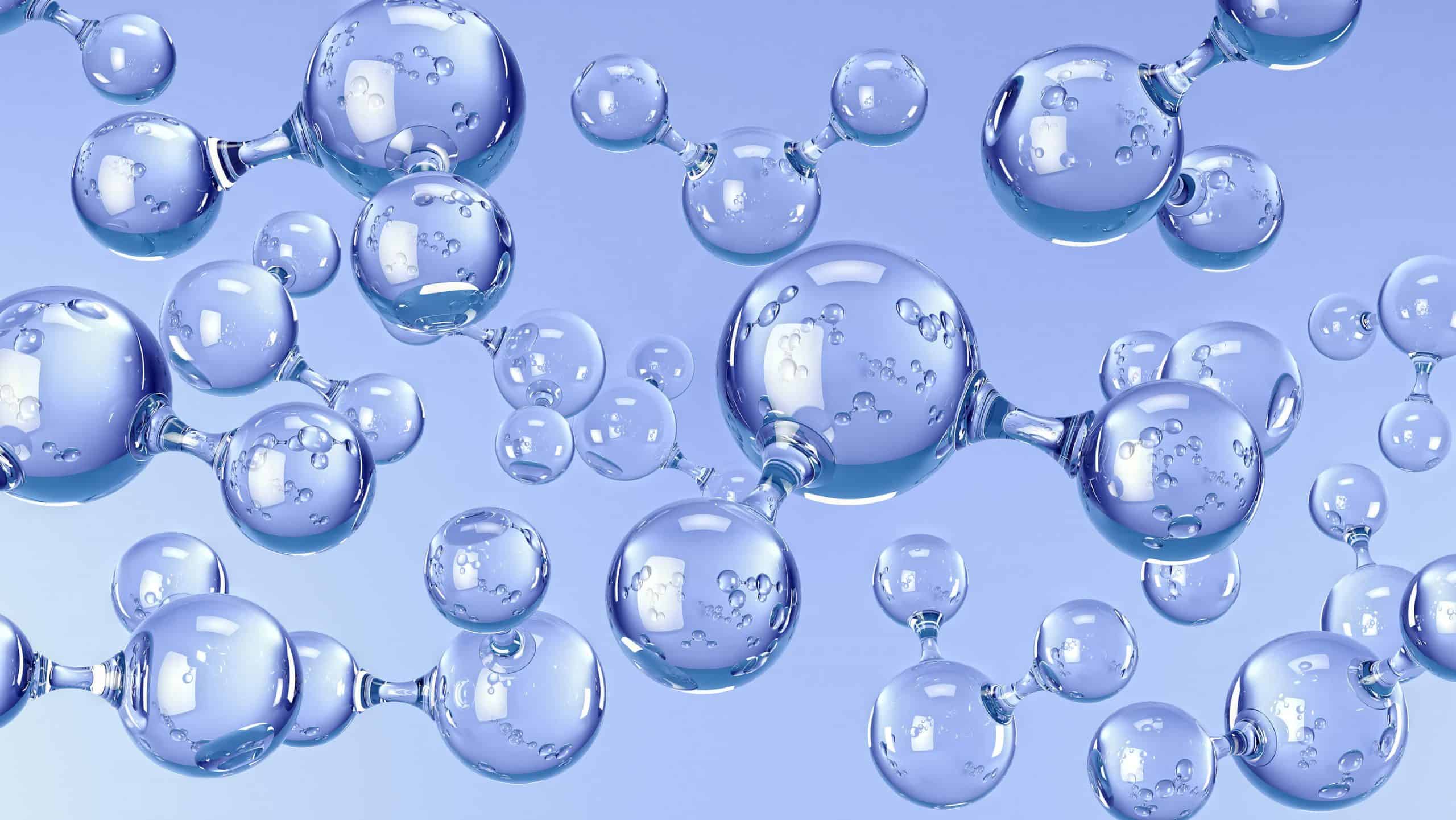Drinking Water: Where It Comes From And What’s In It

Humans are made up of mostly water. This means that we have to drink between 2 and 4 liters of water a day. However, how much do you know about the water you are drinking? Is it well water? Is it city water? Does it have any added chemicals such as fluoride or phosphate? All of these are important questions you should ask when it comes to drinking water.
Well Water Versus City Water
A common question that people ask, is what the difference between well and city water is. Beyond the fact that well water comes from a well and city water comes from the city, well water is water that is found on your property. This means that it does not have any added chemicals, typically making well water taste better. That said, well water is high in minerals and nutrients. City water, on the other hand, has been heavily filtered and chemically treated.
However, city water can be a better choice for some people. City water is the responsibility of the city. This means that you do not have to worry about the water quality of your water or the last time it was tested. City water is accessible in most places and available almost all of the time. When the electricity goes out, well water also goes out. City water will not stop working unless you stop paying your water bill.
What Chemicals Do You Want In Your Water?
Not all chemicals are good for you. One such chemical is phosphate. While it is good in small doses, finding phosphate in your water is not good. However, it is simple to get rid of. By adding small amounts of rare earth salts to your water source, you are able to get rid of that phosphate.
Are There Any Good Chemicals?
Fluoride is a chemical that is added to water sources around the world. Fluoride is commonly found in toothpaste and helps to prevent cavities. Although it can be controversial, there is no scientific evidence of fluoride having any adverse or harmful effects unless it is consumed in large quantities. Governments regulate the amount of fluoride in the water systems and ensure that the amount of fluoride is very small but still effective. This small chemical allows people to have healthier gums and teeth without having to do anything; and it’s also suitable for livestock.
Where you get your water from is up to you. However, regardless of the source, it is a good idea to test your water and see exactly what is in it.




